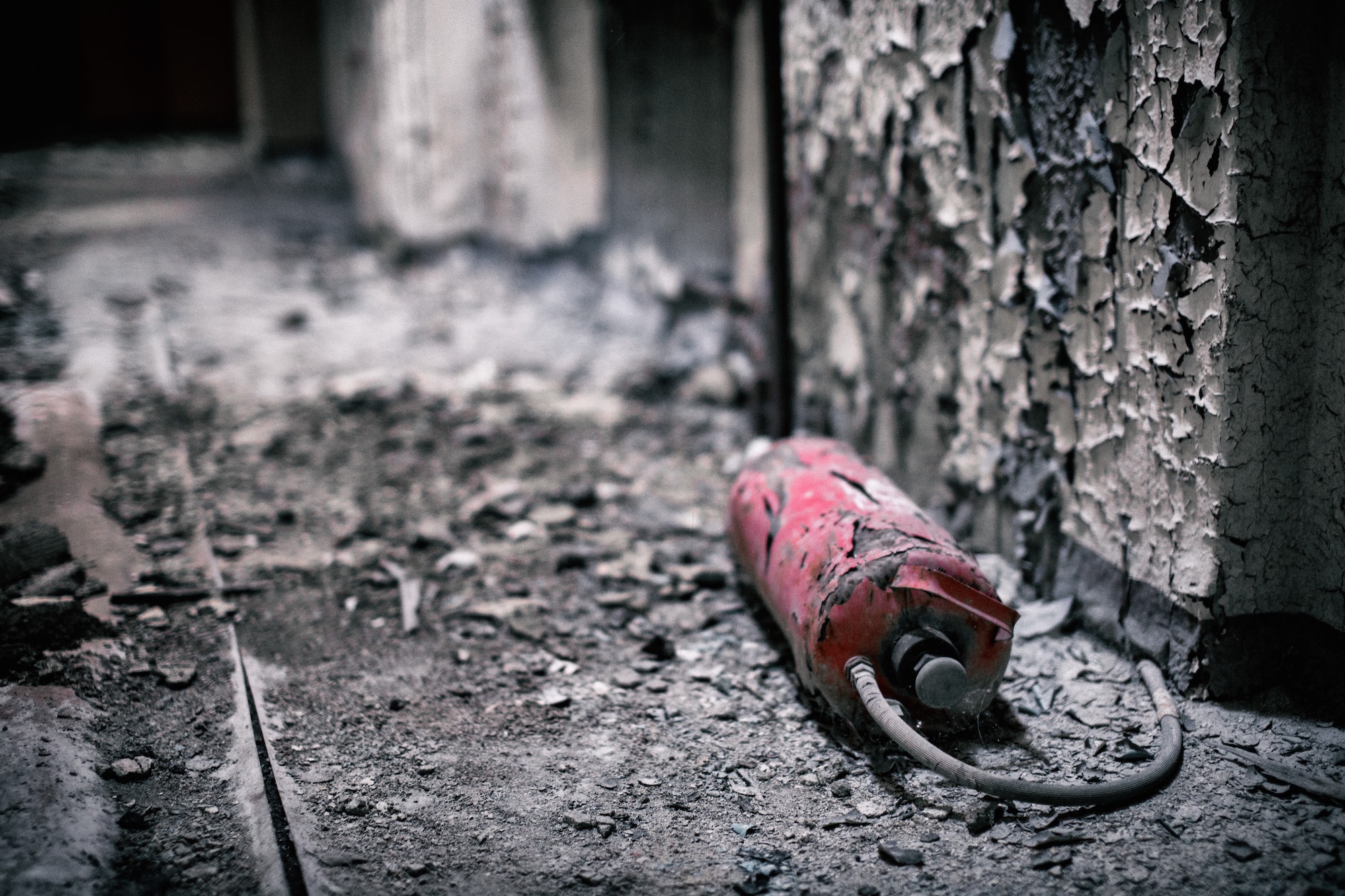Helen O’Sullivan, CEO of Crockers Property and member of the Auckland Regional Committee, gives her view on the Fire and Emergency New Zealand (FENZ) funding model.
Here at Crockers, we’re big fans of the highly functional and responsive standing army that is Fire and Emergency New Zealand (FENZ).
Just before Christmas 2021 a freak electrical fault led to a significant fire in our office building. That pleasant Sunday evening, we were extremely grateful for the arrival of two aerial scopes, a HAZMAT unit, a command unit, and more pumps, appliances, men and women with protective kit, skills and training than you could shake a bushel of sticks at, all of whom descended upon our building and unleashed vast amounts of water on the blaze. Our neighbour, a BP petrol station was grateful to finish the evening unscathed, as indeed were all the neighbours in the area when the fire was safely contained to a single site.
FENZ also had the kit necessary to close the road, divert traffic and cover hosepipes laid across the road with small ramps. They had the HAZMAT unit and post event washdown for their team just in case the building contained asbestos. If the fire had started from a car crashing into the building with persons trapped, FENZ had the extraction kit needed for that too. And had our building been a conference centre that was going to burn for the better part of a fortnight, they were ready to not just fight the fire but had contingency plans in place to feed and water and replenish the humans and the equipment on a rolling 24-hour basis for that entire time period. And no doubt, a whole bunch of other scenarios besides.
All of this is only possible at the exact moment you need it, because a large body of men and women have been organised, managed, trained and equipped in advance of your emergency. There’s clearly a lot of private good in that real life scenario for us as the building owner and occupant.
There’s also a lot of public good in it, for the neighbours and Epsom generally, in that the fire was contained. There’s also a lot of cost in it, and most of that cost is incurred by virtue of having that standing army of capability ready, trained and willing to respond to a huge range of scenarios which may occur at any time of the day, night or year.
It’s also why it’s slightly weird that we fund this amazing service primarily through a levy on property insurance. People are often amazed to learn that the taxpayer only makes a small contribution to FENZ funding.
The link between the insured value of a property and its fair contribution to the cost of this essential service isn’t entirely clear – unlike insurance premiums which are based on an underwriter’s assessment of risk, the formula is a flat rate based on dollar value.
It’s also not clear whether the ‘emergency’ side of the equation (think car crashes, folks falling over cliff edges, tower cranes falling over in central Auckland, containers full of pork doing the three week journey through the tropics to Auckland in top deck storage rather than the chilled hold), is pulling its weight on cost sharing, nor that we have a clear pathway into the future for those parts of the country where volunteers provide 95% of the human resource requirements.
Those who choose to self-insure (also known as ‘not having insurance’) are getting something of a free ride at the expense of the rest of the contributors. There are a vast array of intricacies to the scheme, that distort who pays what to cover the cost of FENZ. The sheer size of the levy on an insurance premium invoice can create the incentive for avoidance behaviour, which undermines the sustainability of funding for this critical public service.
The government launched a Funding Review into the FENZ levy in March 2019. Ever since, Property Council has been actively engaged on the topic. What started initially as a blue-sky review of how we should fund this critical public service, was later refined to a scope that focused on ‘improving the FENZ levy model’.
It’s been great to see Property Council provide numerous submissions on this matter and sit on the Ministerial Reference Group. Cabinet decisions in December 2021 have further narrowed the scope of the decisions to be made, and further announcements are coming soon on next steps. Property Council continues to work actively to ensure that the voice of city shapers is heard in the decision making on this crucial issue.
Meanwhile, Crockers is buying morning tea for the crews of five different fire stations to thank them for their attendance. And feeling that our fire service levies over the years were well spent!
Helen O’Sullivan
Chief Executive, Crockers Property
Helen is Chief Executive of Crockers Property Group, an Auckland based provider of property services including property management, community living management, sales and valuation services.
Helen is a Chartered Accountant by training, having spent 14 years with Korda Mentha carrying out a wide range of consulting assignments leading significant business change. Helen also served as Chief Executive of REINZ during its transformation from a regulator to a customer focused industry body. Helen was also CEO of Ockham Residential, a leading Auckland property developer, and Head of Delivery – KiwiBuild for the Ministry of Housing And Urban Development.


